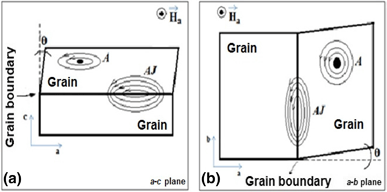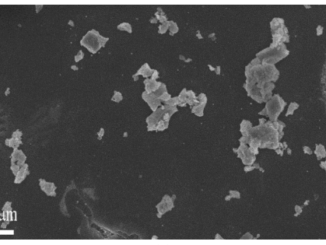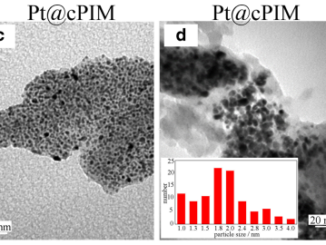
Intragranular defects and Abrikosov-Josephson vortices in Bi-2223 bulk superconductors
Abstract: The Abrikosov–Josephson (AJ) vortices that emerge at intragranular defects of Bi-2223 bulk superconductors are detected. The study is based on the combination of magnetic and transport characterizations with a brief theoretical formulation that allow estimating the minimum angle of the intragranular planar defects where the AJ vortices emerges for a given applied magnetic field. Measurements of magnetization versus applied magnetic field, M(Ha) , in powder samples reveal that the intrinsic anisotropy effects of the grains in these materials suffer almost a complete attenuation due to their high shape anisotropy. In fact, powder samples behave as composed of isotropic grains with lower critical field ~80 Oe. However, a more detailed analysis of the quasi-linear part of these curves show that the penetration of the magnetic flux into intragranular defects occurs at similar values of applied magnetic fields than those reported in whiskers or well textured ceramics for their two main perpendicular directions which are lower values than ~80 Oe. Finally, taking into account a brief theoretical formulation, we have found that in the case of defects where the magnetic flux penetrates perpendicular to the c-axis of the crystallites (~30 Oe) approximately the stacking faults and defects with misorientation angles higher than ~14 ∘ can be the main causes of flux-trapping, but the mechanism may change to low misorientation angles defects, less than ~6 ∘ , when the intergranular magnetic field is approximately parallel to the c-axis (~60 Oe).
Author(s): Hernandez-Wolpez, M.; Cruz-Garcia, A.; Jardim, R. F.; et al.
Journal of Materials Science-Materials in Electronics
Volume: 28 Issue: 20 Pages: 15246-15251 Published: 2017
DOI: http://dx.doi.org/10.1007/s10854-017-7403-7
PDF: Intragranular defects and Abrikosov-Josephson vortices in Bi-2223 bulk superconductors




